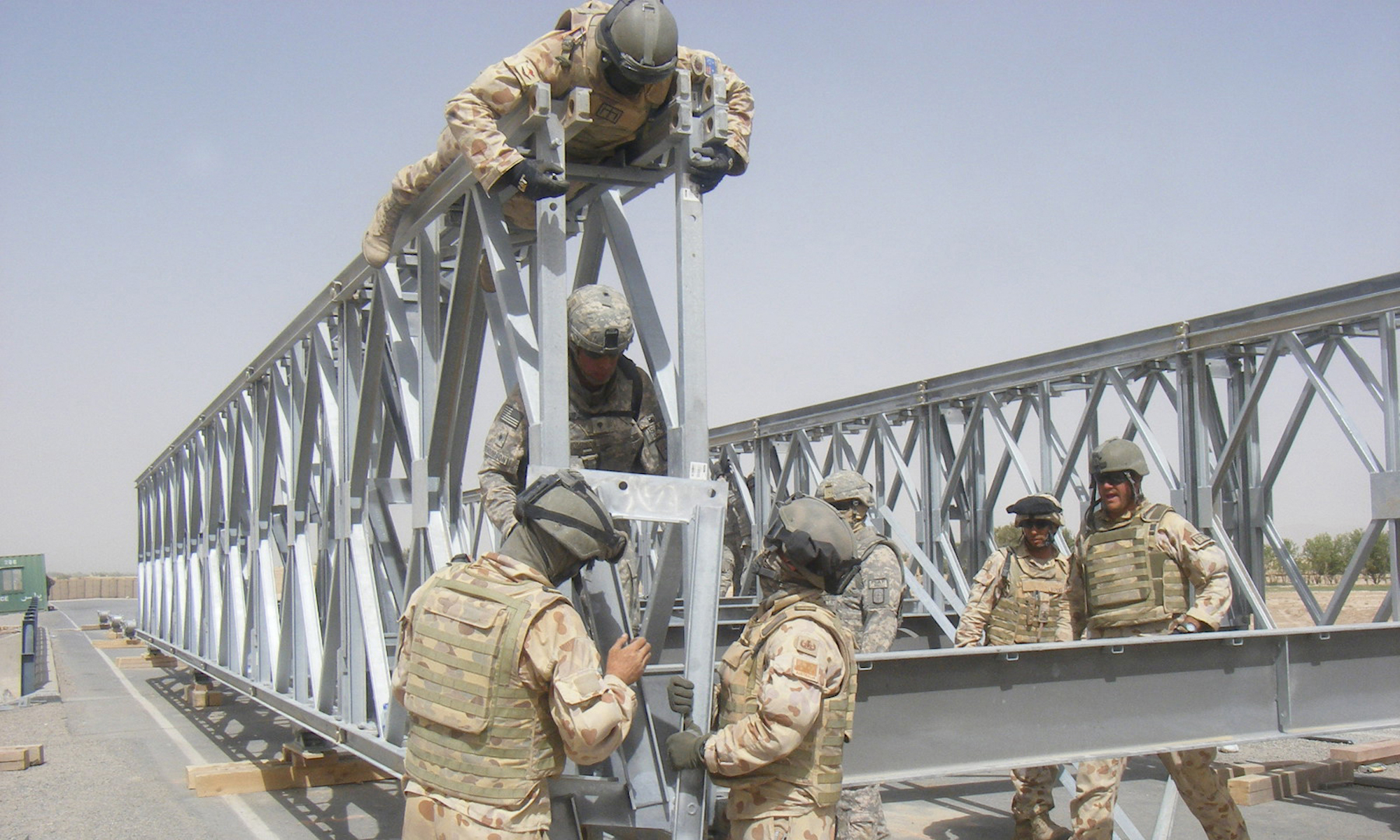In the aftermath of civil wars, international actors often worry about the incoherence, tribalism, and division of war-torn nation-states like Afghanistan. However, the problems encountered in the Afghanistan recovery and reconstruction effort illustrate that the divisions, rivalries and fragmentation of authority of the international community have constituted just as big an obstacle to what the UN now calls ‘peace building’. Sustainable stability and peace, to say nothing of democracy, require international actors to delegate some sovereign functions to a multilateral entity that can reinforce rather than undermine the institutions responsible for the reconstruction of the nation-state. The history and contemporary situation in Afghanistan makes clear that there is an important need for the peace-building mechanisms proposed by the UN Secretary-General’s High-level Panel. This would involve a unified international decision-making body that would act as a counterpart to the recipient national government and potentially bring order to the anarchy that invariably flows from the multiple agendas, doctrines and aid budgets of the array of external actors involved in peace building in Afghanistan and elsewhere.

INSCT Postconflict Research Database
The Institute for National Security and Counterterrorism's Postconflict Research Database & Analysis Project stores cross-indexed bibliographic information on hundreds of journal articles, books, book chapters, and case reports that address the broad, interdisciplinary fields of postconflict reconstruction, stabilization, and peacebuilding.
6 Replies to “Peace building and State-building in Afghanistan: Constructing Sovereignty for Whose Security?”
Comments are closed.